Release of US-Iranian “totally political”
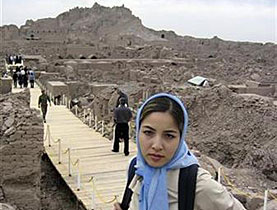
The release of journalist Roxana Saberi from a Tehran prison was politically motivated ahead of June elections, according to a Geneva-based Middle East expert.
The United States thanked Switzerland for its help in the case after Saberi was freed on Monday. Switzerland represents US interests in Iran and the Swiss embassy intervened on behalf of the dual US and Iranian national.
Mohammad-Reza Djalili of the Graduate Institute of International and Development Studies said keeping the young woman behind bars would not have been in the interests of the Islamic Republic.
“There will be very many foreign journalists in Iran in the run-up to the [presidential] elections on June 12. I am convinced that many of those journalists would have been more concerned with the case of Ms Saberi than the elections themselves if she had stayed in prison.”
Although the Saberi case was an obstacle in relations between Tehran and Washington, Djalili told swissinfo.ch that her release was unlikely to act as a catalyst for dialogue because the timing was not right.
“Firstly, up to now the Iranians have not appeared to be as interested as the Americans, and secondly it is necessary to wait for the outcome of the elections and clarification of the internal political situation in Iran before such negotiations can begin.”
Detention
Djalili said the detention of 32-year-old Saberi, who spent four months in jail, illustrated the arbitrary nature of the Iranian justice system.
The journalist was first accused of buying alcohol, then she was charged with working without a valid press pass and finally she was sentenced to eight years for espionage.
As Iran does not recognise dual nationality, she was treated as an Iranian and the Swiss had no consular access to her during her detention.
However, Swiss ambassador to Tehran Livia Leu-Agosti told swissinfo.ch that the embassy had intervened and that the Swiss president raised the matter with Iranian president Mahmoud Ahmadinejad when the two met in Geneva last month.
Saberi’s parents only learned a month after her disappearance that she was in prison. “And in Evin prison for political prisoners, that is the worst,” her father told swissinfo.ch in Tehran.
“She was accused of passing on recordings but it was never said what these recordings were supposed to be and who they were supplied to,” he said.
Saberi’s father left Iran for the US 36 years ago and had not returned until his daughter’s arrest. He was not happy when his daughter, who was born in the US, decided to move to Iran, a country she had never visited before.
Enemy within
The journalist’s appeal was heard behind closed doors in Tehran on Sunday. Significantly, the judgement was reversed because the court ruled Saberi was no longer guilty of “cooperation with an enemy state”.
Saberi’s eight-year prison sentence was reduced to two years suspended.
The appeals court ruled that the US was not an enemy state. However, the court found that Saberi had “collected classified information”.
Saberi received enormous international public support with heads of state, including US President Barack Obama intervening on her behalf.
“She was lucky compared with the others who languish in the prisons of the Islamic Republic. At least 14 journalists or bloggers have been arrested recently,” Djalili pointed out.
Winds of change
As for the likelihood of a new president bringing change to the country, Djalili is sceptical.
“Presidential elections in Iran are more of a non-event than a major event. [The elections] will not herald any policy change such as abandoning the nuclear programme or abandoning the support of Hezbollah [in Lebanon] or Hamas [in Gaza],” he said.
“The Iranian elections are not really democratic elections. The candidates are chosen by the regime and generally all those candidates are part of the system. In any case the person who directs foreign policy and interior policy is not the president but the Supreme Leader [Khameini], who is there for life.”
Meanwhile the electorate is likely to be more concerned with the standard of living than the country’s nuclear programme. Despite oil prices reaching historic highs in 2008, the oil-rich nation is struggling with soaring inflation and mass unemployment.
Susan Abdallah in Tehran and Clare O’Dea, swissinfo.ch
Because of its neutrality, Switzerland has over the years represented the interests of a number of countries in Iran. Since 1980 it has represented US interests there and looks after Iranian interests in the US.
Swiss President Hans-Rudolf Merz met his Iranian counterpart Mahmoud Ahmadinejad in Geneva on April 19.
Ahmadinejad has suggested the Holocaust never happened and has called repeatedly for Israel’s destruction. Israel’s ambassador to Bern was briefly recalled after the Merz meeting.
The two heads of state met to discuss bilateral ties, ahead of the United Nations racism conference in Geneva where the Iranian president gave a controversial speech the following day, sparking a walkout.
Iran is one of Switzerland’s most important trading partners in the Middle East. A trade agreement was signed in 2005 but has not yet been ratified.
There were 183 Swiss expatriates based in Iran in 2007.
Daughter of an Iranian father and Japanese mother, the 32-year-old journalist was born in the United States.
Since moving to Iran six years ago, Saberi worked as a freelance journalist for the BBC, the US radio network NPR and Fox News. However her press accreditation was withdrawn in 2006.
Saberi, who holds dual citizenship, was reportedly working on a book about Iraq before her arrest.
Since her initial eight-year prison sentence was reduced to a two-year suspended sentence, Saberi is free to leave Iran.

In compliance with the JTI standards
More: SWI swissinfo.ch certified by the Journalism Trust Initiative
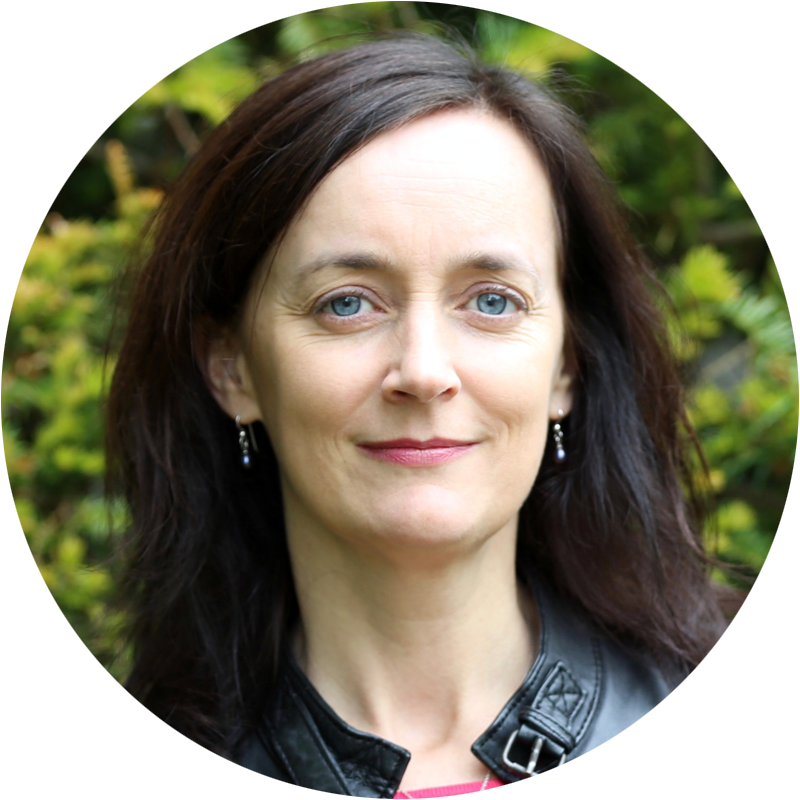
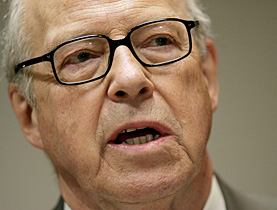
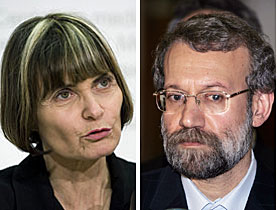
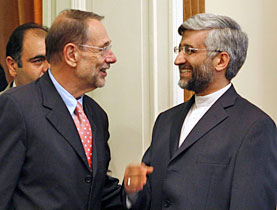
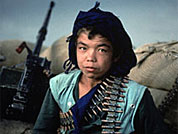
You can find an overview of ongoing debates with our journalists here. Please join us!
If you want to start a conversation about a topic raised in this article or want to report factual errors, email us at english@swissinfo.ch.